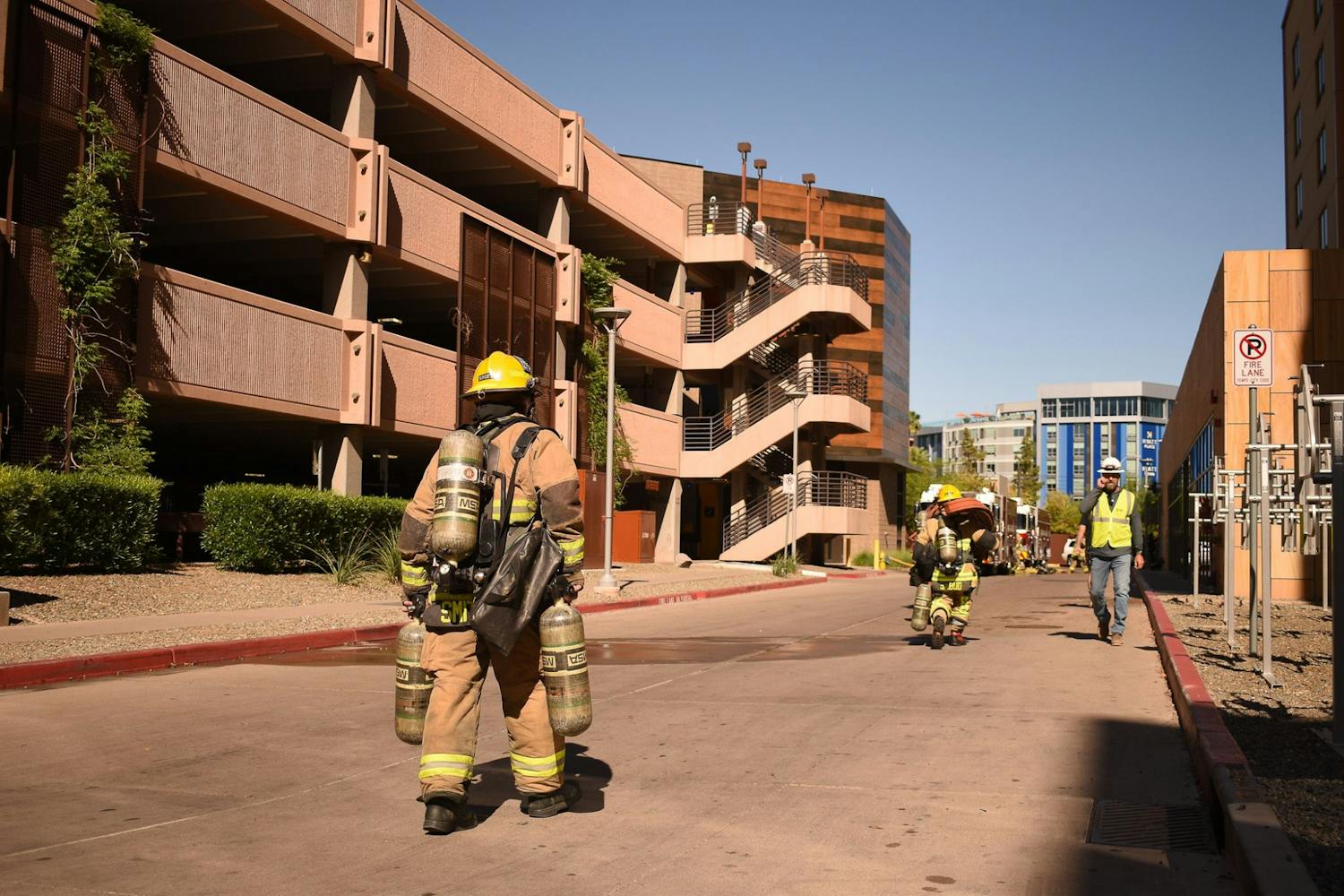Just what is it about college life that creates such a heightened sense of social camaraderie?
There can be no doubt that community in college is structured. By definition, being a part of the university experience is a communal classification within itself.
Students are brought together by the simple fact that they are all in some way pursuing higher education.
Whether someone is chemical engineering major or an exploratory art student, a kind of community is already created since everyone is extending their education beyond just the high school years.
But students are not just unified by common enrollment in the same school. Campuses create sub-communities for people from all different backgrounds with majors, clubs, on-campus housing and the like.
Dr. Jeffrey F. Milem, director of the Center for the Study of Higher Education at the UA, noted in a 1988 article, “Students who live on campus are likely to show greater change in their attitudes due to greater exposure to the effects of interaction with their peers and other aspects of the college environment.”
Such a unique, crenulated structure is probably the reason why the college experience is so glorified. At no other time in their life does one have the opportunity to live around those with whom they have so much in common, while simultaneously having the freedom to experience other cultures and lifestyles.
However, if so many insist that their time in college gave them the best years of their lives, why then do they later elect to live in the communal mediocrity that is a suburb?
Many people associate living in the suburbs with finally “settling down,” as if that was such a necessary bore.
In a 2006 New York Times article, Teri Rogers wrote, “It's worth noting that the suburbs are populated by plenty of satisfied former city dwellers harboring few, if any, regrets. Fully expecting to join the ranks of the contented, most (say) their motivation for moving out was linked to a vague understanding that it was a prerequisite for raising children - a normal transition from one phase of life to the next, and one in which they would find plenty of company.”
That company, much to the chagrin of many a suburbanite, is all too often nowhere to be found in the cookie cutter neighborhoods speckling the outskirts of cities.
But it’s not as if everyone in these house clusters is against the idea of a unified community; often, people complain that they never even met anyone beyond their next door neighbor, much less spent quality time with them.
Yet these same people are the ones who treat their formulaic houses as castles, using their driveways as moats to keep out the neighbors, opening up the garage only to retreat to the safety of their home.
God forbid they should have to talk to someone.
Reach the columnist julianna.roberts@asu.edu Click here to subscribe to the daily State Press newsletter.



